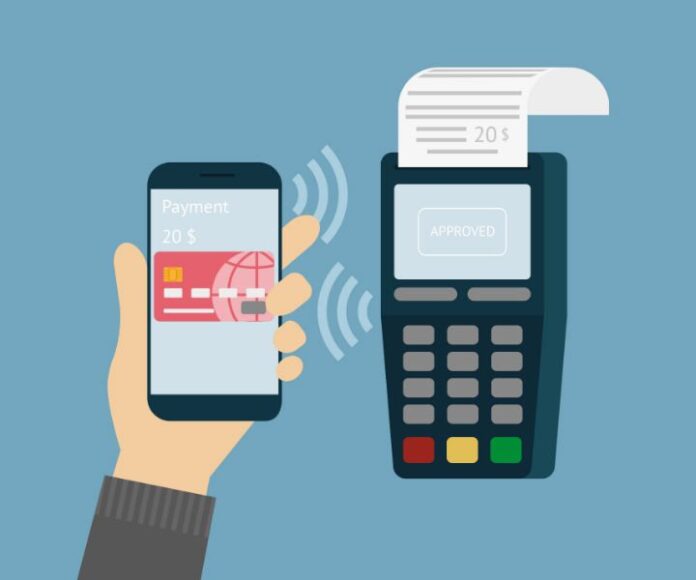Editor’s Note: Looking to bring a younger perspective to the mobile space, RCR Wireless News has tapped Jeff Hawn to provide insight into what’s on the minds of the tech-savvy youth of today.
Twenty years ago the world was a very different place: The cold war had just recently ended; NAFTA had just been signed; and the Internet was beginning to become a convenience of everyday life. Companies like Apple and Google were finding new ways to make technological advances marketable and in doing so changing the world. For most corporations, changing the world once a generation would be enough, not so for Apple and Google. These two companies have brought us the search engine, Wi-Fi and the smartphone, and have recently unveiled their next foray into the future – Google Wallet and Apple Pay – the cashless, plastic-less, digital way to conduct everyday transactions.
Transactions are carried out using an old technology known as near field communication, basically allowing the customer’s smartphone to communicate with a device the merchant uses to deduct funds from the customer’s bank account or charge their credit card. Apple Pay and Google Wallet add extra security to this process by not only encrypting the data, but also adding several more layers of security in the form of biometric readers and the form in which the charge is actually carried out. Each transaction is digitally rendered as a token for the amount paid. If an unsavory character – say a computer hacker – were to hack the transaction, all they would see is the token, no valuable credit card numbers or pin numbers here.
Despite the security and convenience this technology offers, I personally intend to continue to use my plastic debit card for the near future. There are a number of reasons for this. One, my model of iPhone is nearly two years old and thus has to be restrained from committing suicide on a daily basis. I fear installing the Apple Pay application will cause the poor thing to burst into flames.
Two, like many of my generation I’m skeptical of new innovations. I don’t remember a time without Wi-Fi, which means I also don’t remember a time without people being able to hack your computer through Wi-Fi. Although Apple Pay and Google Wallet sound exciting, they are the first generation of this technology. I’ll wait for the third or fourth generation when the bugs are ironed out.
Three, merchants are going to resist users of one of these applications in favor of whoever offers them a better deal. This is an inevitable part of the free market, and something regulators will settle once they figure out exactly what the issue is (considering the average age of a federal employee is 47, and a congressman is 62) it’s going to be a while before regulators even understand the issue. Although we should cut them some slack, they’ve lived through more technological revolutions than any other generation in history. It’s natural to get a little overwhelmed at the pace of change.
These are my personal reasons for not enrolling in the new wireless currency system, but I recognize that our society is on its way toward a world where all transactions are digital. I am already there. I can count on one hand the number of times I use cash each year. Using a debit card that tracks my transactions is easier and more secure, at least against traditional theft such as a mugging. I’m well aware that I’m extremely vulnerable to cybertheft, and check my bank account accordingly (three times per day).
Google Wallet and Apple Pay offer security against the ever-looming specter of cybertheft which I’m all for, but I’ll wait and see if the host of potential shortcomings including whether or not wireless companies try to capitalize on these new systems, charging transaction fees for example, before I dive in. As a note to all purveyors of technology out there, a good thing to keep in mind about us young folks is any new advance you make will be greeted with “oooohs and aaaahs,” and a healthy dose of skepticism.
Jeff Hawn was born in 1991 and represents the “millennial generation,” the people who have spent their entire lives wired and wireless. His adult life has revolved around cellphones, the Internet, video chat and Google. Hawn has a degree in international relations from American University, and has lived and traveled extensively throughout Europe and Russia. He represents the most valuable, but most discerning, market for wireless companies: the people who have never lived without their products, but are fickle and flighty in their loyalty to one company or product. He’ll be sharing his views – and to a certain extent the views of his generation – with RCR Wireless News readers, hoping to bridge the generational divide and let the decision makers know what’s on the mind of this demographic.
Photo copyright: juliatim / 123RF Stock Photo

